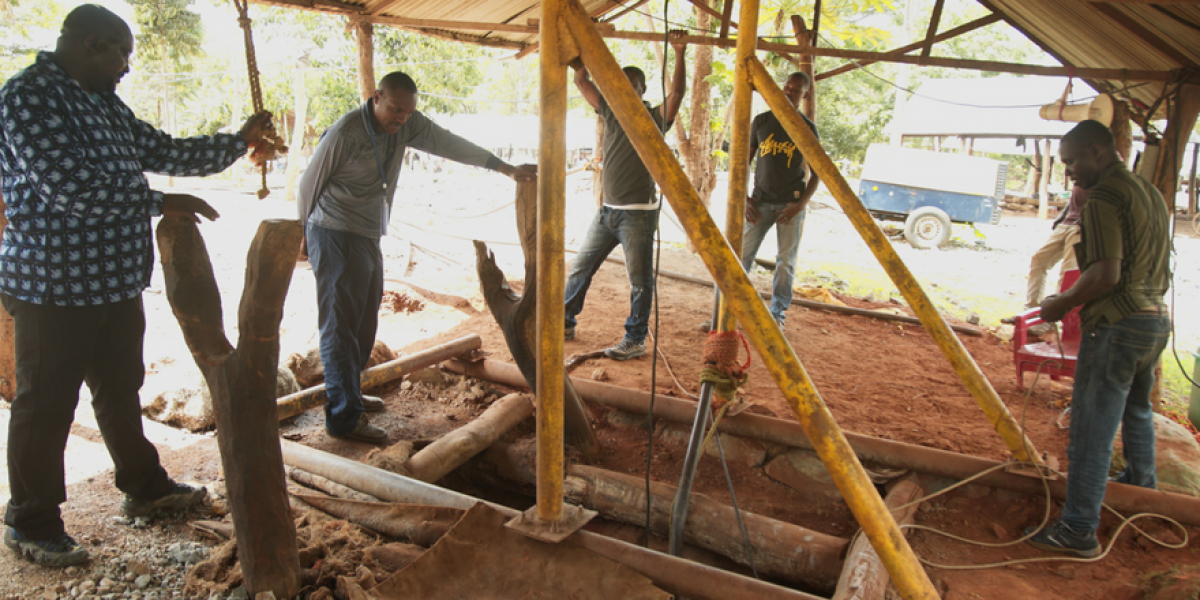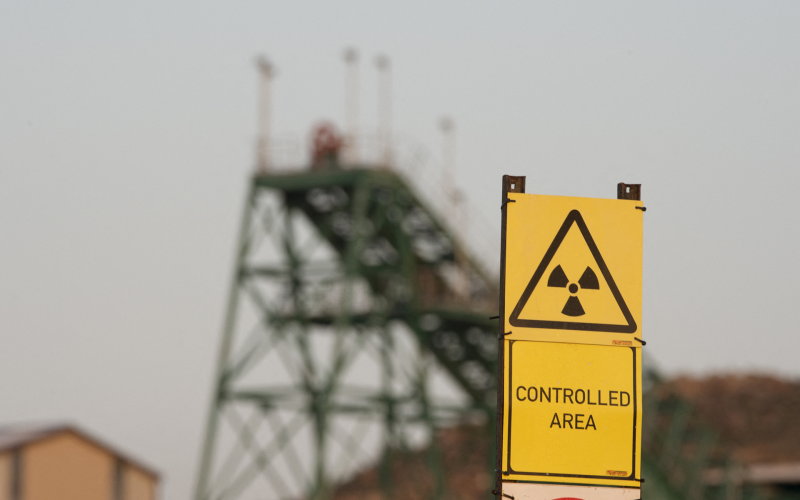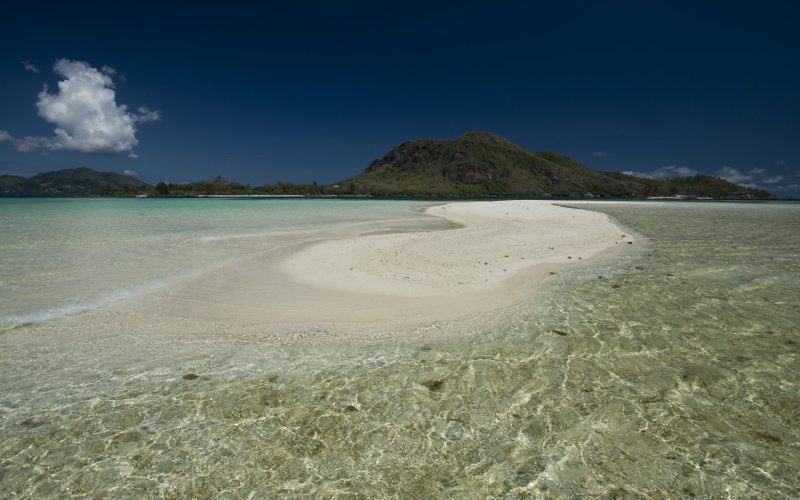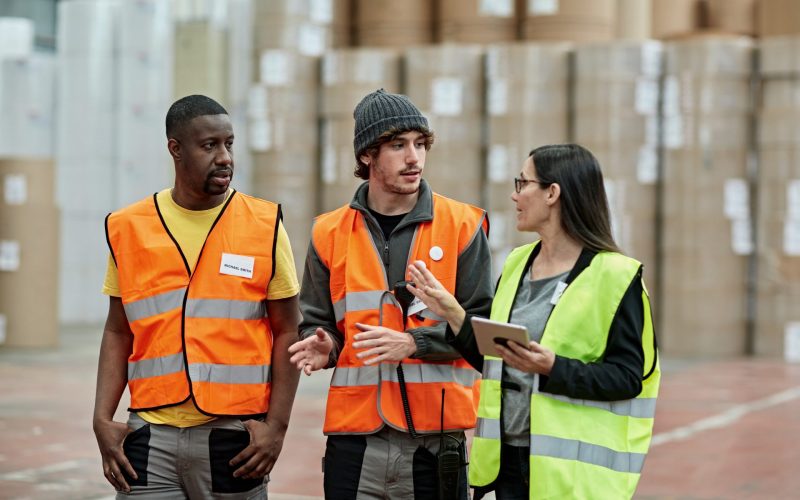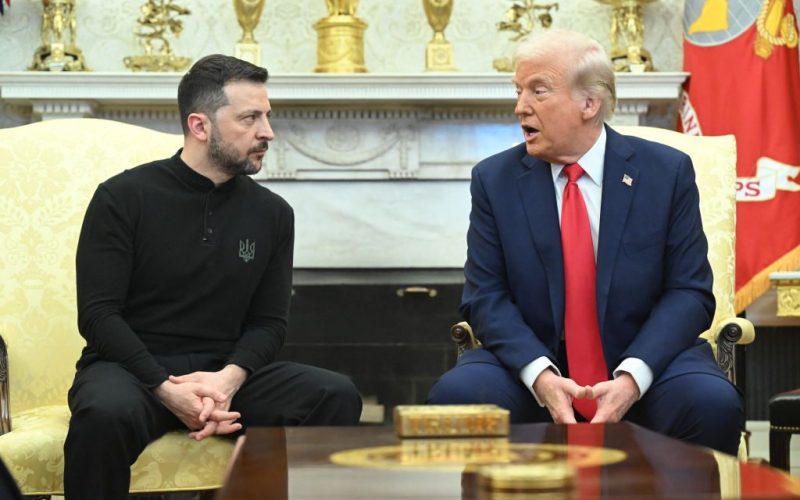Tanzania faces significant development challenges. While gross domestic product growth remains relatively impressive, many sectors are growing off a small base. Both the longevity of the acceleration and the quality of the growth are in question. Tanzania’s educational outcomes remain poor, and young people are less likely to find good quality employment. A fast-growing population requires an expansion of employment opportunities, and it is not clear that these are being created. A handful of companies provide the majority of tax revenue, rendering the government reliant on foreign aid in addition to taxation. President John Magufuli’s government therefore needs to broaden the tax base and diversify the economy without undermining current foreign exchange and tax earnings.
Tanzania is endowed with extensive mineral resources (and recently discovered natural gas), which could mobilise resources for development, provided the sector is well governed. This paper examines the artisanal gold mining sector as an important employer and potential revenue generator. It also explores the negative social and environmental externalities associated with the sector. The barriers to entry for artisanal miners to formalise should be lowered, although this will not guarantee development. Most importantly, the government – in partnership with development organisations and the private sector – should roll out and ensure the uptake of inexpensive technologies (such as retorts) that will reduce negative externalities and increase potential positive economic spillover effects.

